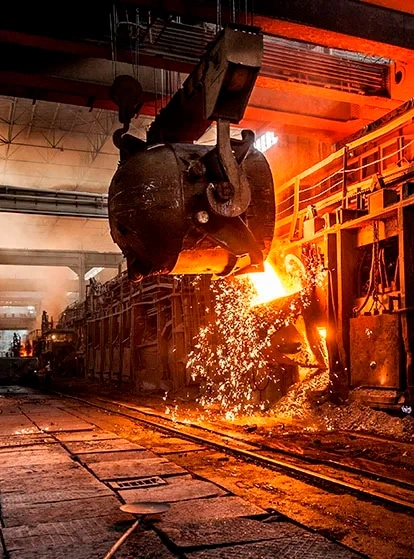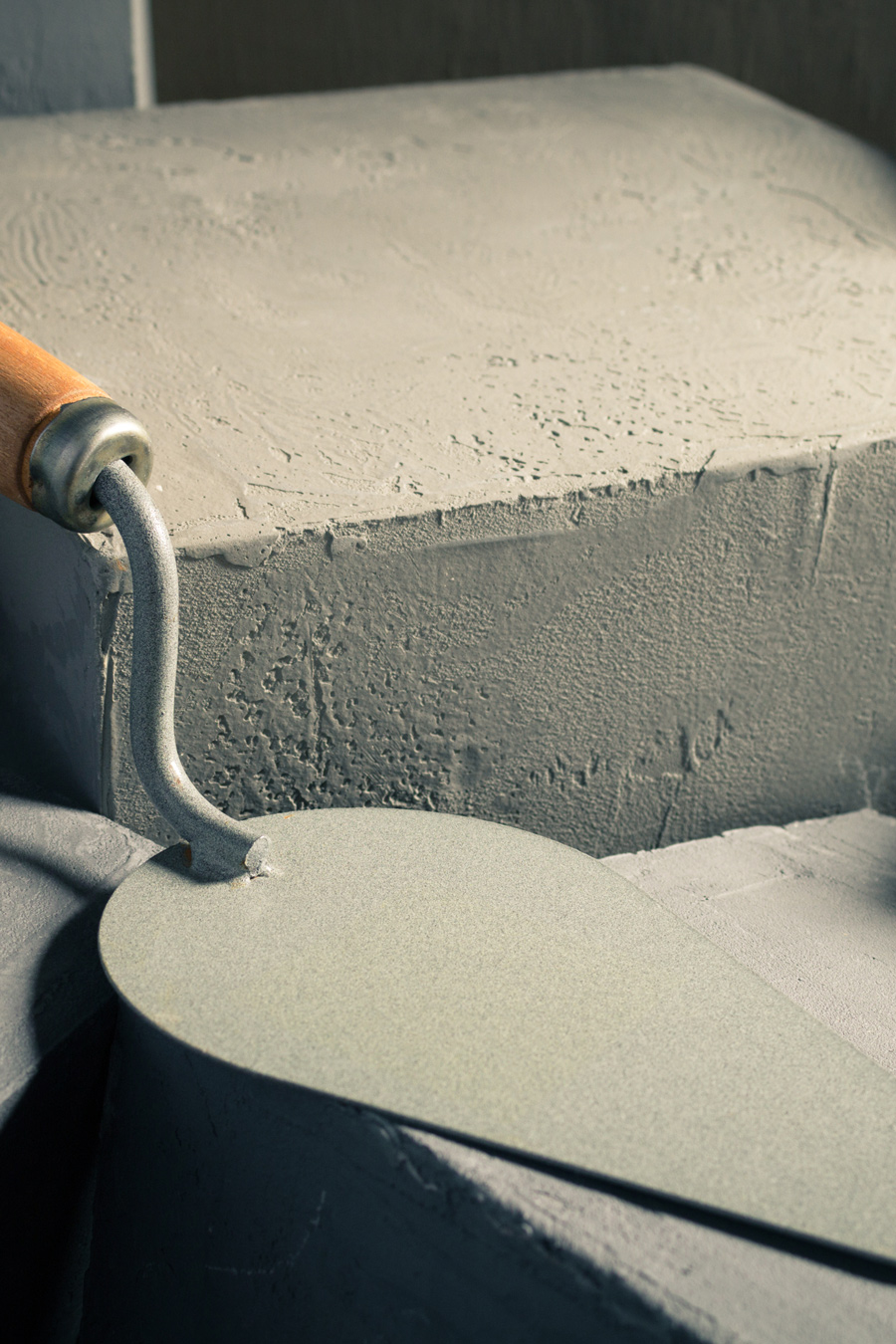Top Calcium Aluminate Cement Supplier for Industrial & Fast-Set Projects
As one of the top calcium aluminate cement suppliers, we provide high-performance CAC cement solutions for demanding construction environments. Engineered for exceptional strength, chemical resistance, and rapid setting, calcium aluminate cement (CAC) is essential in applications where traditional Portland cement falls short.
What Is Calcium Aluminate Cement?
CAC cement is composed primarily of calcium aluminates rather than calcium silicates, giving it unique physical and chemical properties. It is known for its rapid strength development, superior resistance to aggressive chemicals, and excellent performance in high-temperature environments.
Where Is Calcium Aluminate Cement Used?
This versatile cement is a preferred material in a range of specialized construction scenarios:
- Refractory Construction: Ideal for linings in kilns, furnaces, and incinerators due to its heat resistance.
- Sewage Systems and Wastewater Treatment Plants: CAC’s sulfate resistance makes it suitable for environments exposed to corrosive effluents.
- Marine Construction: Used in seawalls, docks, and underwater repairs where saltwater and sulfates are present.
- Chemical and Industrial Flooring: Resists chemical spills and thermal shocks, ensuring long-term durability.
- Emergency Repairs: CAC cement sets rapidly, making it ideal for fast-track repairs in infrastructure and industrial settings.
- Cold Weather Concreting: Its accelerated hydration allows for effective use in low-temperature conditions.
- Precast Concrete Elements: CAC offers early demolding strength, which shortens production cycles and increases output.
- High-Performance Concrete for Industrial Applications: Provides enhanced durability in facilities exposed to mechanical and chemical stress.
Calcium Aluminate Cement Construction Method
The application of CAC cement varies depending on the specific use case but typically involves precise batching, controlled mixing, and timely placement. Due to its fast-setting characteristics, working time is shorter than with traditional cements, requiring careful planning and experienced handling.
In refractory construction, CAC is often mixed with alumina aggregates to produce castables with outstanding thermal resistance. For infrastructure applications, such as wastewater facilities or marine structures, it is blended with selected aggregates and admixtures to optimize durability and chemical resistance.
CAC Cement Benefits:
High Temperature Resistance
CAC Cement exhibits exceptional resistance to high temperatures, making it suitable for applications in refractory linings, kiln coatings, and other high-temperature environments.
Rapid Setting
CAC Cement has a rapid setting time, allowing for quick installation and repair of refractory materials, concrete, and other structural elements.
Sulfate Resistance
Due to its low sulfate content, CAC Cement offers excellent resistance to sulfate attack, making it suitable for use in marine environments, sewage systems, and other aggressive chemical environments.
High Strength and Durability
CAC Cement provides high early strength and long-term durability, ensuring the structural integrity and performance of concrete and refractory installations.
Specialized Applications
CAC Cement is commonly used in specialized applications such as industrial flooring, rapid repair mortars, and high-performance concrete mixes.
Why Choose Us as Your Calcium Aluminate Cement Suppliers?
We deliver CAC cement products that meet the rigorous demands of industrial and civil engineering projects. Our cement formulations offer reliable performance across a range of conditions, from sub-zero temperatures to aggressive chemical exposures. Whether you’re working on emergency infrastructure repairs or high-temperature linings, we provide the right mix for long-term success.
Our expertise extends beyond just product delivery. We support contractors and engineers with technical guidance on application methods, mix designs, and compatibility with admixtures. As experienced calcium aluminate cement suppliers, we are committed to helping our clients complete projects with precision and durability.
Partner with a Trusted CAC Cement Supplier
If your project requires strength, speed, and resilience, trust our CAC cement solutions to meet the challenge. Contact us online today or call (281) 912-6767 to learn more about our calcium aluminate cement products and how they can enhance your next construction project.
Frequently asked questions
Is CAC cement heat resistant?
Unlike conventional gray cement (Portland cement), which begins to degrade at much lower temperatures, CAC maintains its structural integrity in extreme heat. Its resilience stems from a high concentration of alumina, which makes it thermally stable. This allows it to withstand temperatures ranging from 1,200°C to 1,400°C (approximately 2,200°F to 2,550°F). Because of this specialized property, CAC is the binder of choice for refractory concretes used to line furnaces, kilns, and reactors, providing a durable barrier against intense heat in industrial settings.
What is the composition of CAC cement?
Their primary active ingredient is monocalcium aluminate (CaAl2O4 or CA in cement chemistry notation). Depending on the grade and intended use, other calcium aluminates such as dodecalcium hepta-aluminate (C12A7) or calcium dialuminate (CA2) may also be present. While the focus is on high alumina content, small amounts of silica might be included, typically in the form of dicalcium silicate (C2S) or gehlenite (C2AS). This unique composition gives CAC its rapid-hardening and heat-resistant properties.
What is calcium aluminate cement (CAC) and where is it used?
Its key characteristics include rapid early strength gain, allowing for a quick return to service, as well as exceptional resistance to high temperatures and chemical attack. Because of these properties, CAC is not used for general construction. Instead, it is a critical component in refractory castables for lining furnaces and kilns that operate at extreme temperatures. It is also the basis for rapid-set repair mortars and grouts used for infrastructure repairs, and is a vital ingredient in specialized building chemistry products like self-leveling compounds and tile adhesives.
How does CAC differ from Portland cement?
When CAC hydrates, it undergoes a different chemical reaction that does not release calcium hydroxide (portlandite), which is a major byproduct of Portland cement hydration. This results in superior chemical resistance. The most noticeable difference is performance: CAC offers a much faster set time and achieves very high early strength, often within 24 hours, making it ideal for rapid repairs where a quick return to service is critical.
Can CAC be blended with Portland to accelerate setting?
The rapid hydration of CAC kickstarts the setting process. However, the blend is highly sensitive to chemical compatibility, particularly with the gypsum (calcium sulfate) that is always present in Portland cement to control its set time. An improper or uncontrolled mixture can lead to a “”flash set”” or poor strength development. Therefore, these blends are not mixed randomly on-site but are carefully designed by formulators for specific products like tile adhesives and repair mortars, where rapid hardening is a critical feature.
Any handling/safety differences with CAC products?
However, there are two critical performance differences to note for safety and application. First, CAC has a much shorter working time, setting very rapidly once mixed with water. Users must be prepared to place the material quickly. Second, the rapid hydration process is highly exothermic, meaning it generates a significant amount of heat very fast. This can be a safety concern in large volume pours and must be anticipated to prevent thermal cracking and ensure proper curing.


